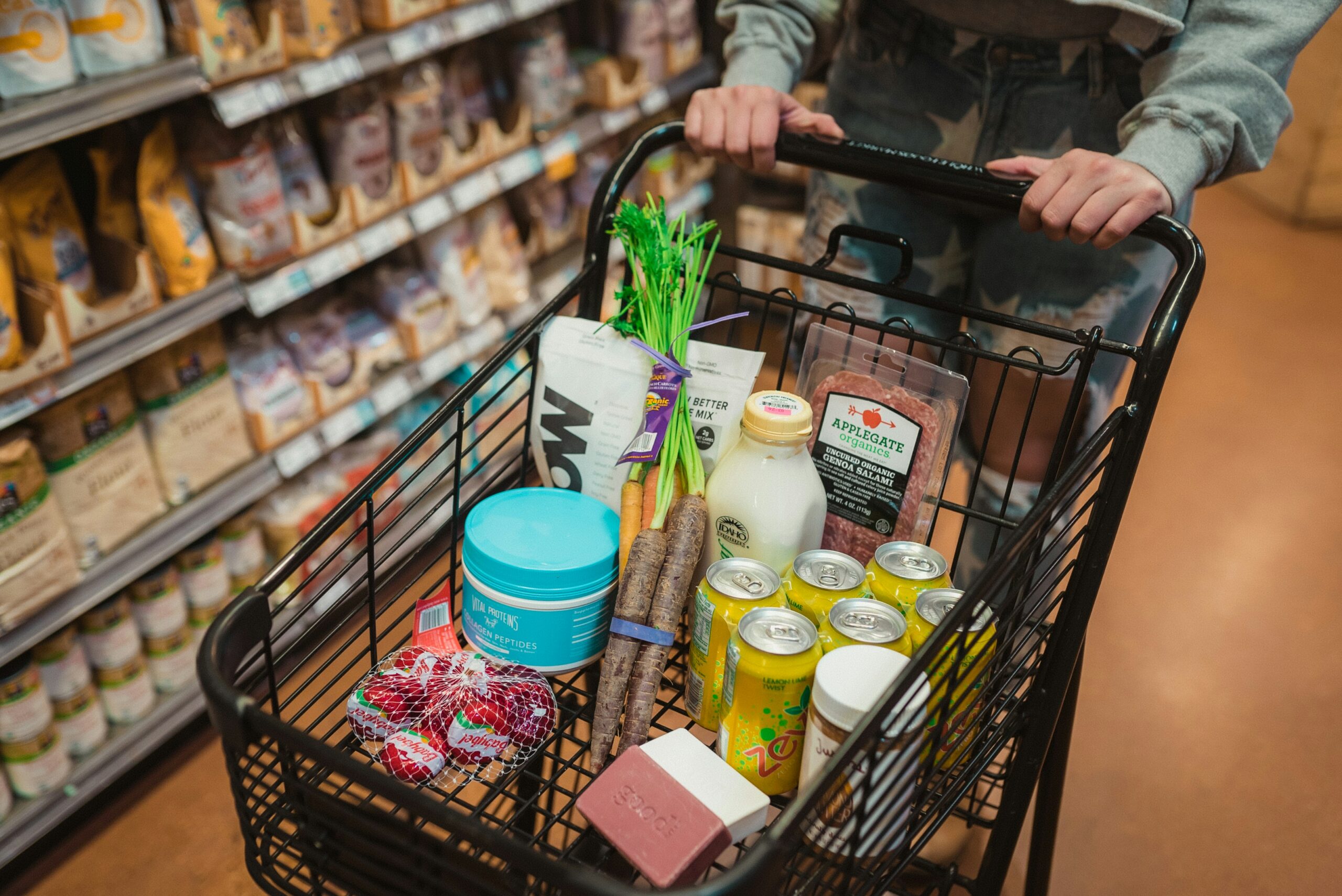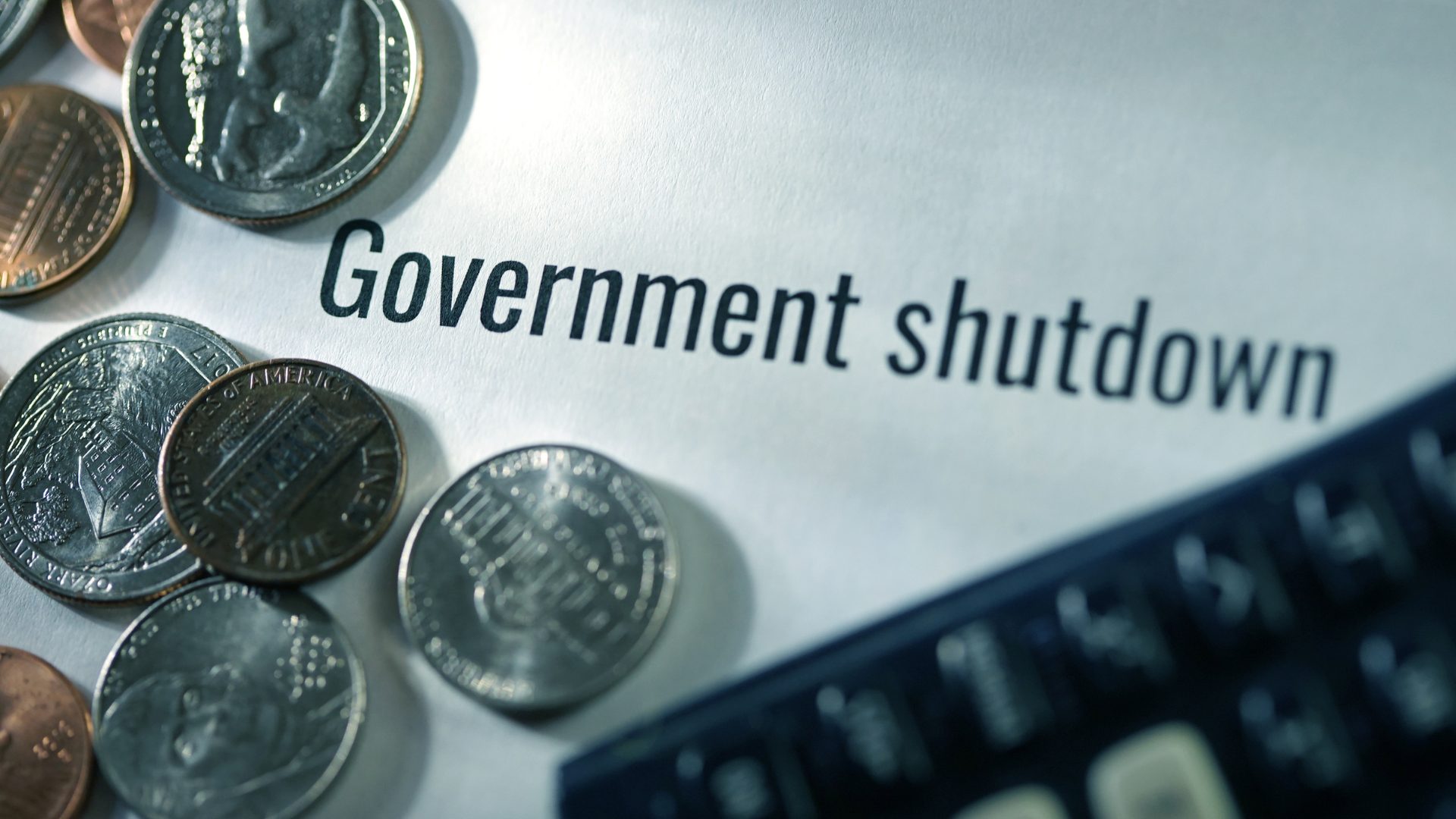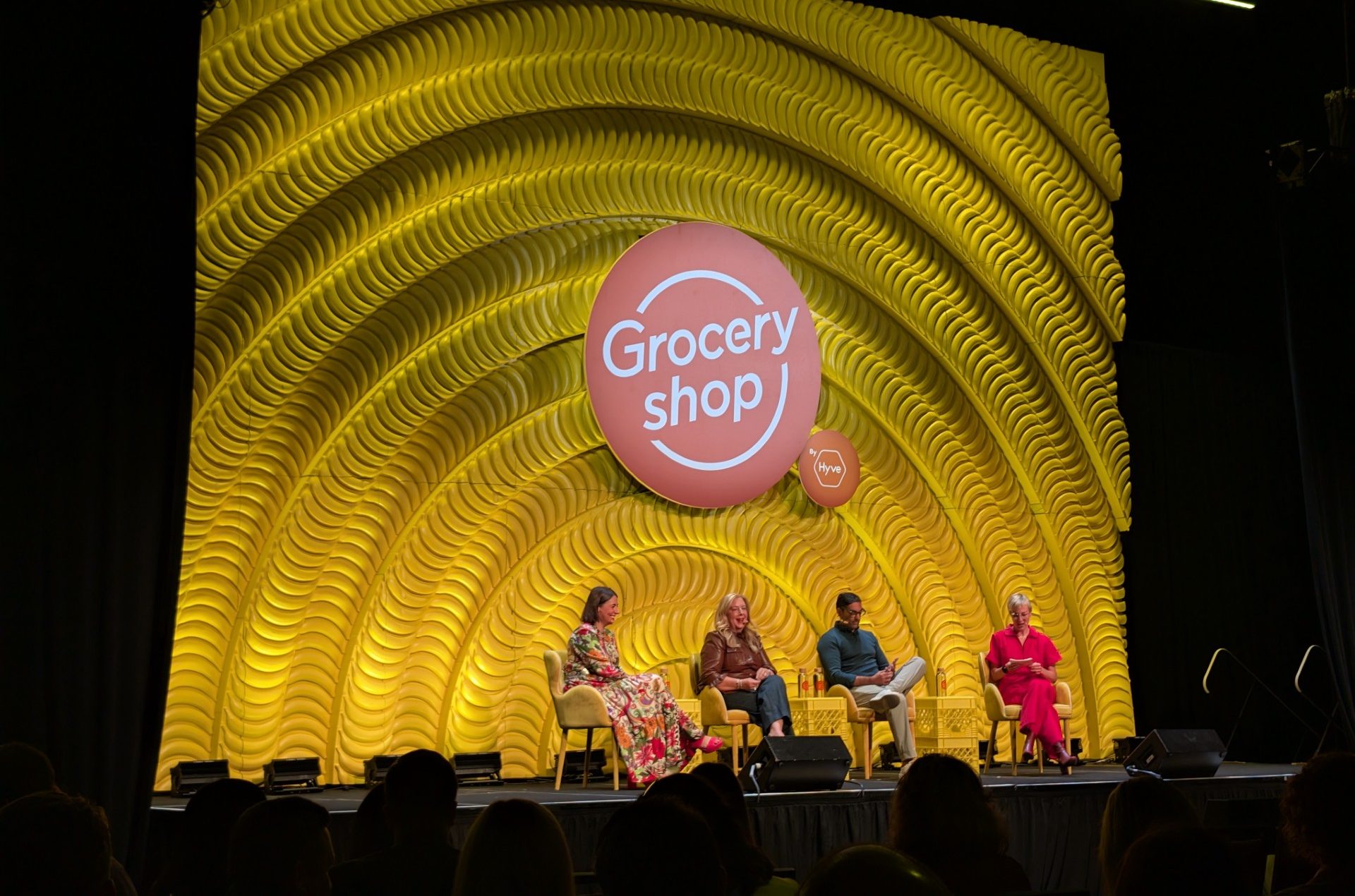Consumers should prepare for sticker shock: A survey by Zilliant says nearly half of businesses plan to pass on tariff increases and the costs of preparations to customers.
The Zilliant Business Tariff Impact Survey, which involved 400 C-suite executives at companies grossing more than $250 million in revenue, found 23% cited tariff-related expenses as their chief pricing challenge this year.
Forty-five percent of respondents reported tariff-related expenses already have impacted pricing, and 42% said they had already shifted suppliers or sourcing regions to deal with the upheaval. The result is that 44% plan to pass tariff costs on to customers.
“Businesses continue to face difficult decisions about how to manage changing cost structures, but the past five years of disruptions and inflation have helped prepare them for this moment,” said Pascal Yammine, CEO of Zilliant. “This data outlines the strategic approaches companies are taking to maintain profitability in this volatile environment.”
“It will be crucial for (companies) to be transparent with customers, partners, shareholders and other stakeholders about their decision-making and avoid potential backlash.”
President Trump has ordered a 145% tariff on most Chinese goods and imposed a minimum 10% tariff on all other countries, with negotiations scheduled to avoid raising tariffs even higher for the European Union and other trading partners.
An EY survey of 4,000 executives found some companies are planning to push more than 90% of the tariff costs onto consumers, CNBC reported.
“So consumers are not going to see, necessarily, the full impact overnight — but very rapidly, they will see auto prices go up — a fridge, building a home, and other things that are going on,” Gregory Daco, chief economist at EY-Parthenon, told CNBC.
The economic expert added that, even if the tariffs are pulled back, prices likely will increase because of all the preparations businesses had to make just in case.
Amazon CEO Andy Jassy said he expects prices to go up on many consumer goods. He told CNBC third-party sellers make up 60% of what is sold on Amazon’s website, and those companies, many of which are based in China, just don’t have the margins to absorb the tariffs. Amazon already has canceled orders to keep prices in check.
“The tariffs are injecting uncertainty into the marketplace and when there is high uncertainty, consumers tend to overestimate their losses, so they try to hedge their losses as much as possible in a very irrational way,” Denish Shah, professor of marketing at Georgia State University, told CBS MoneyWatch, citing the kind of panic buying prominent at the start of the pandemic.
The Food Institute Podcast
It’s tariff time, and companies the world over are working to better understand how their operations will be impacted. Jodi Ader from RSM US LLP joined The Food Institute Podcast to discuss which products and inputs are currently subject to tariffs, and how to best mitigate supply chain risks.












